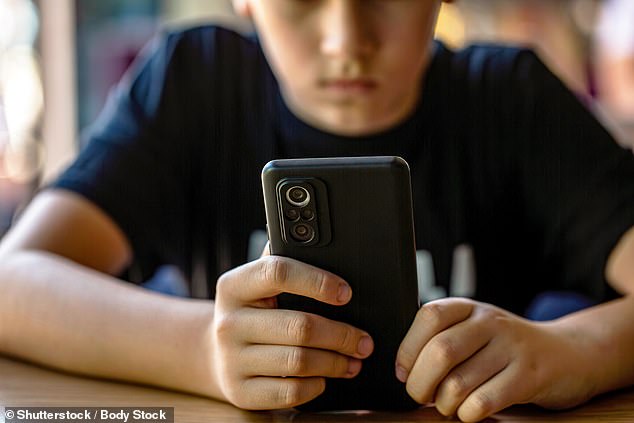Parents fighting over access to children in the family courts are ‘spying’ on each other by placing recording and tracking devices on their kids.
In one extreme case a woman made night-long recordings for more than two years in an effort to prevent her husband from having access to their children.
Lawyers say it is now increasingly common for estranged parents to take secret recordings or place tracking devices on each other or their children in an attempt to gain the upper hand during an acrimonious divorce.
It happens so frequently the Family Justice Council has been forced to publish guidance on the use of covert recordings.
The advisory body said this has been as a result of technological advances that ’empower anyone with a mobile phone or a tablet to make recordings that would be the envy of yesterday’s spies’.
The guidance says that children must not be forced into covertly recording one of their parents during family disputes to use as evidence in court cases where such recordings may not be admissible.

Parents fighting over access to children in the family courts are ‘spying’ on each other by placing recording and tracking devices on their kids (Stock Image)

In one extreme case a woman made night-long recordings for more than two years in an effort to prevent her husband from having access to their children (Stock Image)

Lawyers say it is now increasingly common for estranged parents to take secret recordings or place tracking devices on each other or their children in an attempt to gain the upper hand during an acrimonious divorce (Stock Image)
It adds that, while it may not necessarily be unlawful, ‘the issue of legality should not be the sole consideration’ and the court must consider how the recordings will affect the welfare of a child.
In the foreword to the guidance, the President of the Family Division, Sir Andrew McFarlane, said: ‘Whilst some covert recordings have been found to have evidential value, the secret nature of them can intrude on the privacy of parents, children and professionals, causing harm and often leading to concerns about the accuracy of the recording.’
Sarah Manning, a partner at Hall Brown Family Law, said: ‘Those parents who feel the need to make covert recordings or spy on their children and exes often don’t realise that it can ultimately be counterproductive, showing the kind of behaviour which undermines rather than strengthening their cases.’












